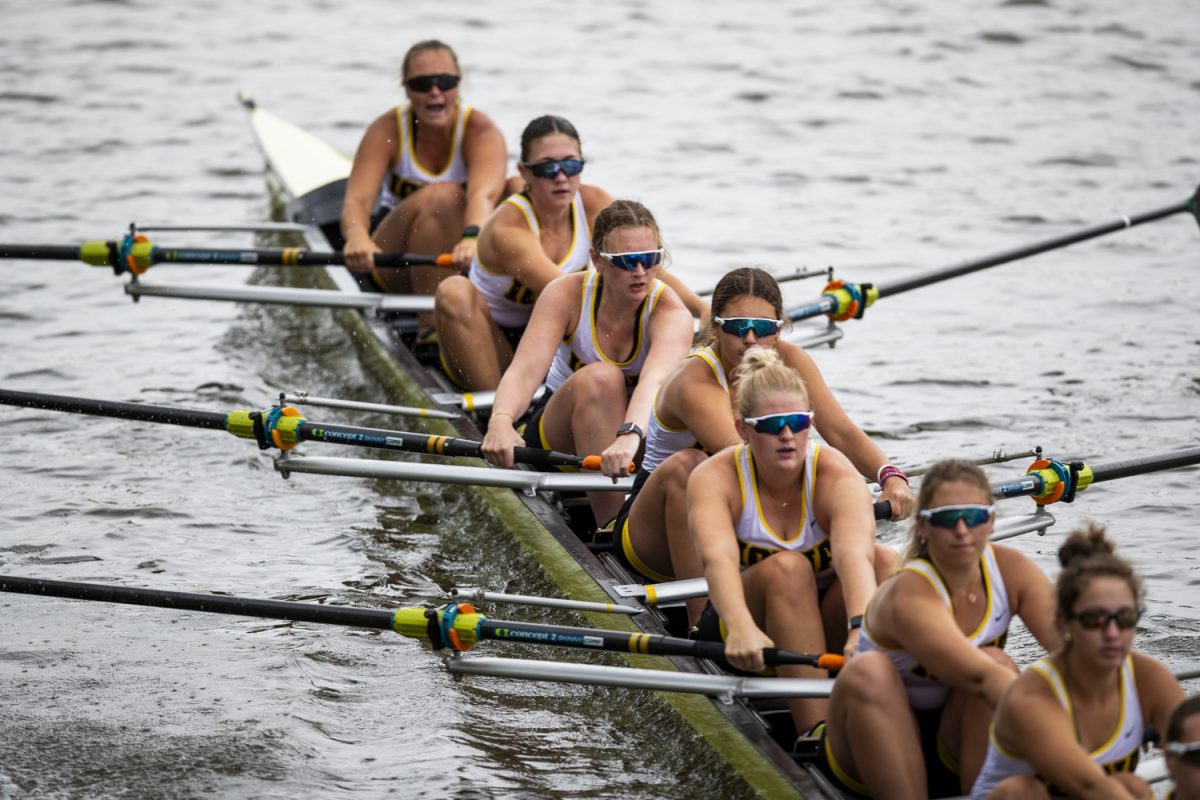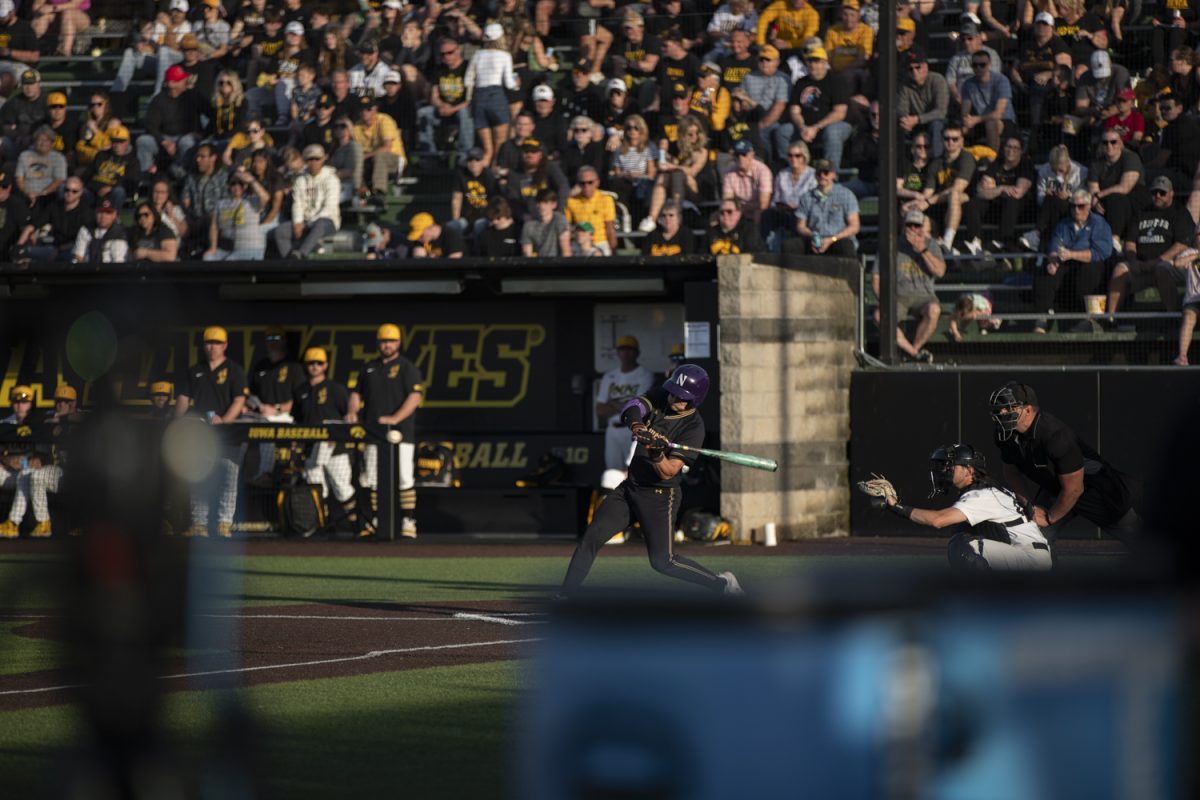The Intercollegiate Tennis Association is in the middle of an experiment.
Two weeks ago, the Iowa women’s tennis tandem of Annette Dohanics and Ellen Silver became part of that experiment in their first home duel meet of the season against UNI.
After Iowa teams had clinched their first two double matches, and with Dohanics and Silver leading 4-3 in the third and final doubles match, their match was abandoned.
The points that Silver and Dohanics scored no longer carried any significance.
The experimental format changes state that in doubles, if one team has already clinched two of the three matches, the third can be simply abandoned if both coaches deem it unnecessary.
“The set of doubles is really short, so it takes away a lot of our time,” Dohanics said. “Plus dropping that match once the doubles point has been decided definitely takes away opportunities to beat ranked teams.”
Dohanics was adamant in her disproval of the format changes. The distaste of having her opportunity to compete taken from her was apparent.
Silver was less upset about the abandonment of their match, understanding that the rule changes will take time to get used to.
“We are all getting used to it; doubles goes by super fast,” said Silver. “Obviously, we are a team, and if we’ve already won the doubles point, it’s a doubles point,” Silver said.
The game of tennis is a complex, unique sport in that player’s individual accomplishments don’t necessarily reflect or benefit the team as a whole.
If the doubles point has been clinched, the remaining doubles team still has the opportunity to improve its record and possibly upset a better team.
That win could increase that double team’s stock in the rankings. Although this didn’t necessarily apply to the Dohanics and Silvers match, if they had been facing a ranked opponent, abandoning the match would have been foolish.
Iowa women’s tennis coach Katie Dougherty is on the fence about the rule changes.
“I’m kind of undecided,” she said. “There’s a lot more of an element on luck, a little bit less on conditioning.
“But it’s exciting, it’s quicker … it definitely favors the underdog,” Dougherty conceded. “It changes our sport a little bit.”
The format changes are an attempt to speed up college tennis matches to make them more interesting.
A letter From Collegiate Tennis Director Virgil Christian had some key objectives to help improve the game. Increasing the number of fans while increasing national and media coverage were high atop the list.
The changes that affect the women’s team are purely experimental, at matches both coaches have the option whether or not to fully abide by the changes and can choose to play the third doubles match.
There is evidence that the change is working, however — even in Iowa City.
Iowa’s first two home matches against Nebraska-Omaha and UNI were both under three hours, showing the effectiveness of the format changes.
It’s important to note that this format will not be in place when Iowa begins its Big Ten schedule in mid-March.
“It only lasts for another two and a half, three weeks,” Dougherty said. “It’s not going to be the format we play our Big Ten schedule in.”






